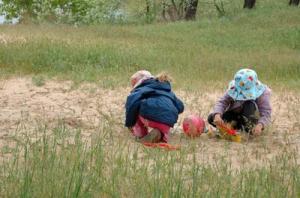Managing to get back and watch the recorded session True Stories of Openness with Alan Levine was well worth it.
I have never been one to hold my thoughts, ideas or questions to myself. Some people have mentioned that motivation not to share comes from a competitive or selfish base. I disagree with this completely. I am an extremely competitive person. I want to win every game I play, regardless of who I am competing against! This does not equate to me holding all my cards to my chest.
Insecurity was another reoccurring theme throughout the recording. People suggested feeling self conscious recording themselves, or sharing their ideas because they considered them “mediocre” and were worried about “other people’s judgements”.
I find this intriguing that as lead learners we have this expectation of our students to stand before their peers and talk, record and construct in a social arena yet we struggle with these things ourselves.
We live in a world of over 7 billion people. To think that our experiences and ideas are completely unique and not shared by someone else is somewhat irrational. When we open up and share our experiences we connect and build upon our understandings. What we won’t know is how this may positively impact on others.
Today I also read this blog by Angela Watson responding to a keynote by Maya Angelou as part of the ASCD conference in Chicago. Angela wrote:
“I have set my rainbow in the clouds, and it will be the sign of the covenant between me and the earth.”
”… the truth is, I had a lot of rainbows in my life. Black ones and white ones, fat ones and skinny ones, pretty ones and plain ones, gay ones and straight ones, rich ones and poor ones. All sorts of rainbows in my clouds.”
She told us about several important rainbows in her life, beginning with her uncle Willy. She described him as “poor, black, crippled, and living during the era of lynchings.” Disadvantaged in every way. And yet he taught her to memorize the times tables so she could work in the family’s store. She learned later on that her Uncle Willy has done the same for other children, including a young boy who later became a mayor in Arkansas. Uncle Willy didn’t let his limitations keep him from teaching what he knew, and he was a rainbow in the clouds for countless others simply by doing what he could to give them opportunities and hope.
I love reminders like this, because as there is a huge push for teachers to take advantage of the amazing technology and opportunities to connect using social media (twitter, google+ etc) we dont have to be connected globally to share. ‘Uncle Willy’ gave of himself what he could and we all should.
We all have a story, a passion, a skill that we can share with others, so let us be rainbows in the clouds.



